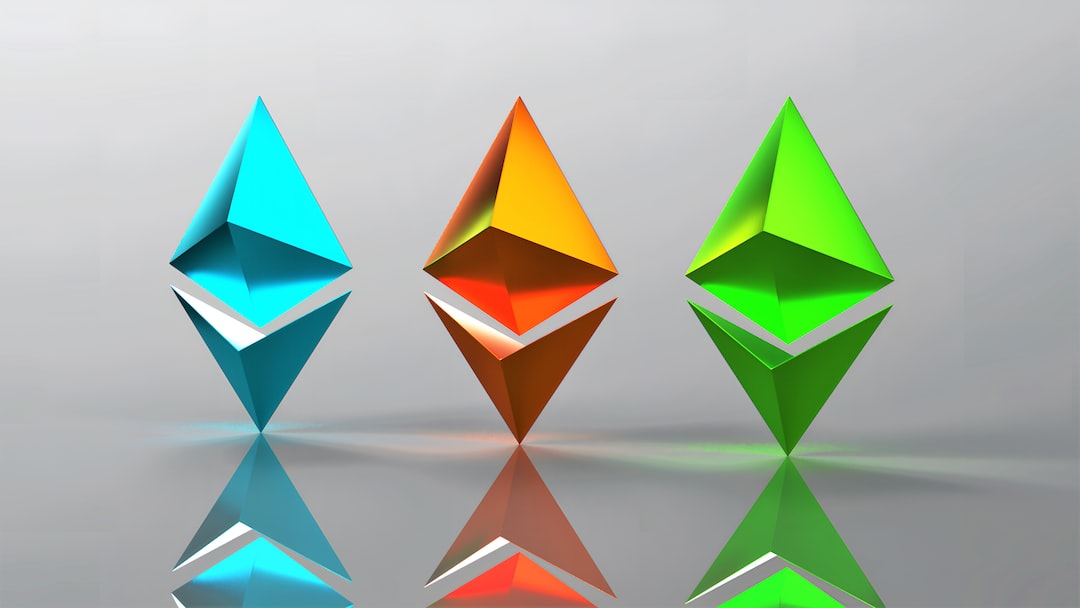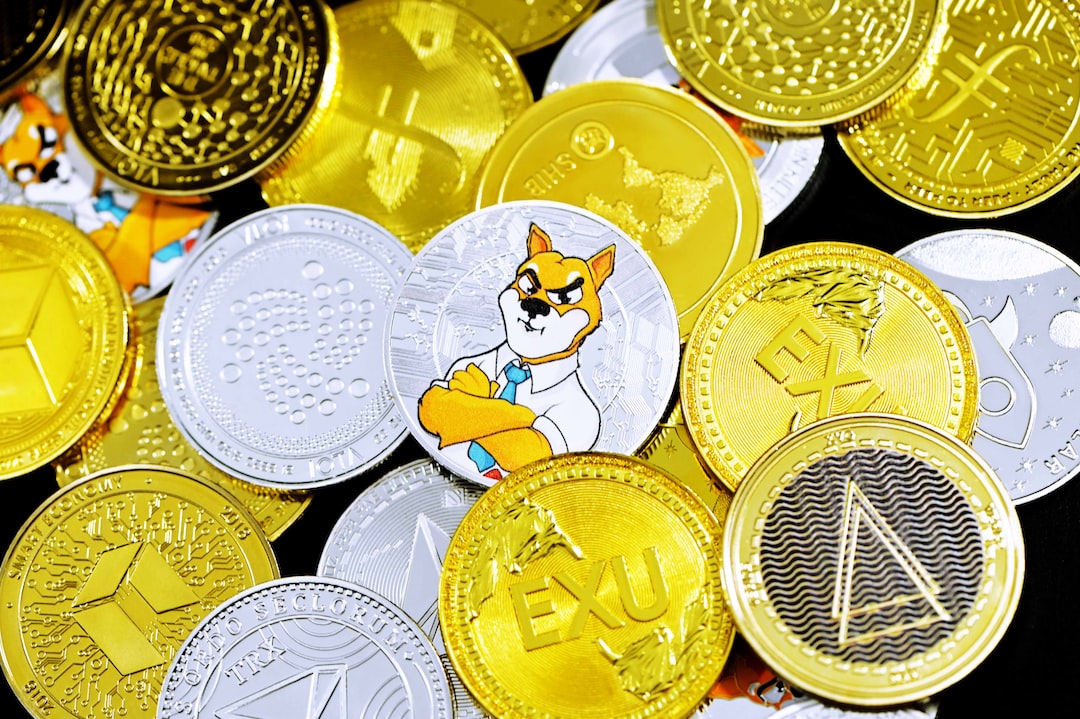Baidu and ByteDance launch AI chatbots after Chinese government grants permission
Baidu and the parent company of TikTok, ByteDance, have received approval from the Chinese government to launch their artificial intelligence (AI) chatbots. This marks a significant development as Beijing is now granting approvals to AI companies to make their chatbots available to the public.
Main breakdowns:
- ByteDance leads AI chatbot development in China
- TikTok subsidiary faces regulatory challenges
- Chinese AI companies prepare to compete with American giants
- Pressure on China to make AI models public
- US restricts exports of AI chips to China
ByteDance, the parent company of TikTok, has allocated multiple teams to work on generative AI, making it a leading force in AI chatbot development in China. As a result, it has launched its own chatbot called Doubao.
TikTok has faced regulatory scrutiny in several countries due to privacy concerns and the potential transfer of sensitive data to China. The US, Europe, Canada, and India have all taken measures to address these concerns, including considering bans on TikTok.
Chinese AI companies like Baidu and ByteDance are now gearing up to compete with American AI giants such as Google and OpenAI. Tech analyst Boris Van suggests that China allowed the public rollouts of AI chatbots because it has been falling behind its US counterparts. The US companies continue to innovate and improve their algorithms, and China needs to make its AI models available to the public to stay competitive.
The US has also taken steps to restrict the export of AI chips to China, which are crucial for training AI models. Additionally, the US government has banned private equity and venture capital firms from investing in China’s quantum computing, advanced chips, and AI companies.
Hot Take: The approval of AI chatbots by the Chinese government is a significant step in the country’s AI race against the US. China is under pressure to catch up with American AI giants and make its AI models accessible to the public. The competition between the two countries in the AI field has geopolitical implications and could shape the future of technology.





 By
By
 By
By
 By
By

 By
By
 By
By